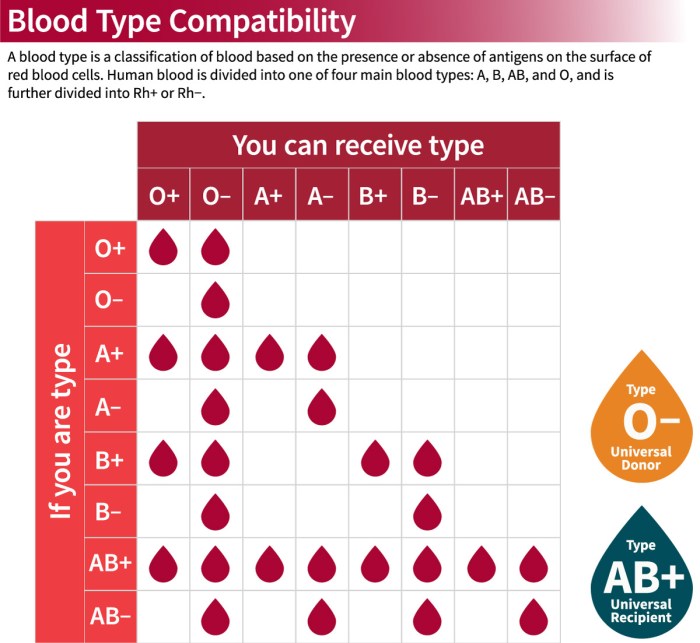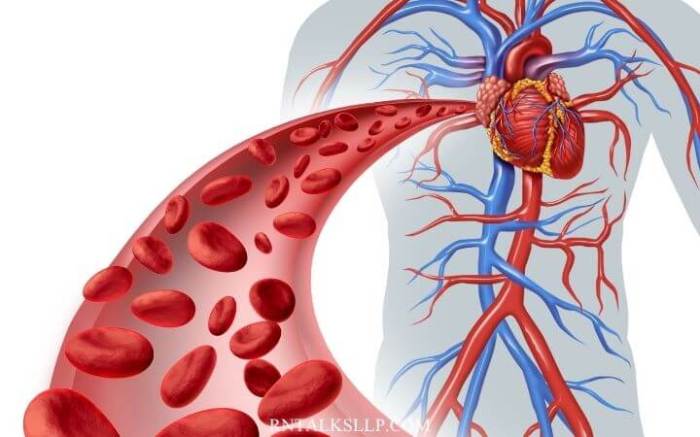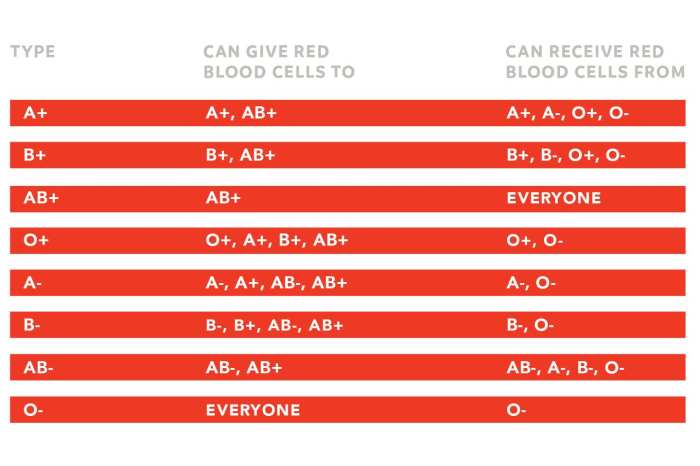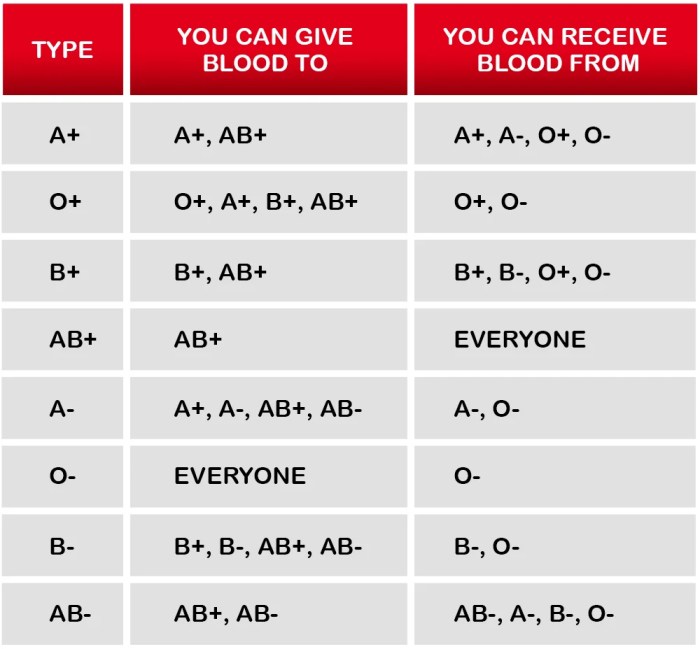Unveiling the intricacies of blood types and donation possibilities, this worksheet, “Blood Types and Donation Possibilities Worksheet A,” delves into the fascinating realm of blood compatibility, unraveling the mysteries of who can donate to whom and why. Through a captivating exploration of blood type systems, antigens, antibodies, and transfusion compatibility, this resource empowers individuals with the knowledge to make informed decisions about blood donation.
As we embark on this journey, we will decipher the genetic basis of blood types, unraveling the secrets of the ABO and Rh systems. We will delve into the intricacies of blood compatibility, understanding how it determines the safe exchange of blood between individuals.
Moreover, we will explore the life-saving significance of blood donation, highlighting its profound impact on the well-being of recipients.
Blood Types and Their Significance: Blood Types And Donation Possibilities Worksheet A

Blood types are genetically determined characteristics that determine the compatibility of blood transfusions. The ABO blood type system is the most well-known and widely used, but there are also other blood type systems, such as the Rh system.
Blood types are determined by the presence or absence of specific antigens on the surface of red blood cells. Antigens are proteins that trigger an immune response when they are recognized as foreign by the body. Antibodies are proteins that are produced by the immune system to neutralize antigens.
ABO Blood Type System
- The ABO blood type system has four main blood types: A, B, AB, and O.
- People with type A blood have A antigens on their red blood cells and anti-B antibodies in their plasma.
- People with type B blood have B antigens on their red blood cells and anti-A antibodies in their plasma.
- People with type AB blood have both A and B antigens on their red blood cells and no antibodies in their plasma.
- People with type O blood have neither A nor B antigens on their red blood cells and both anti-A and anti-B antibodies in their plasma.
Rh Blood Type System, Blood types and donation possibilities worksheet a
- The Rh blood type system is another important blood type system.
- People who have the Rh antigen on their red blood cells are Rh-positive, while those who do not have the Rh antigen are Rh-negative.
- Rh-negative people can develop antibodies against the Rh antigen if they are exposed to Rh-positive blood.
FAQ Explained
What are the different blood type systems?
The two main blood type systems are the ABO system and the Rh system. The ABO system classifies blood into four types: A, B, AB, and O. The Rh system classifies blood as either Rh-positive or Rh-negative.
What is blood compatibility?
Blood compatibility refers to the ability of blood from one person to be transfused into another person without causing an adverse reaction. Blood compatibility is determined by the presence or absence of certain antigens and antibodies in the blood.
Why is blood donation important?
Blood donation is important because it saves lives. Blood transfusions are used to treat a variety of medical conditions, including anemia, cancer, and trauma. Blood donation is also important for maintaining a safe and adequate blood supply for emergencies.


